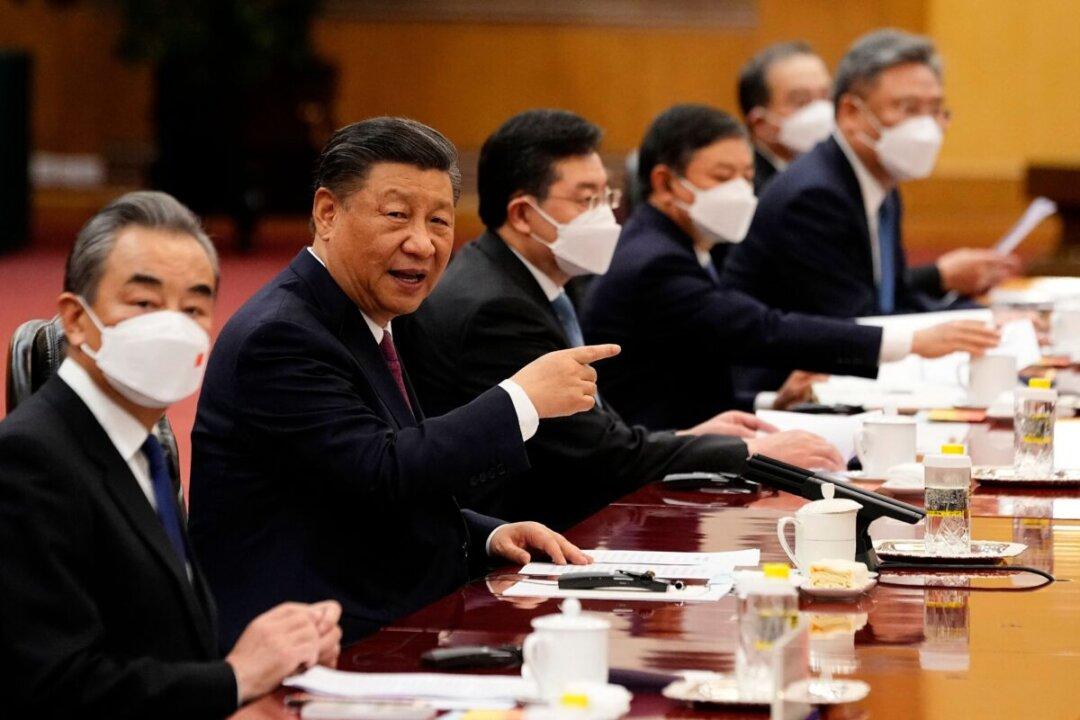Top Chinese Communist Party (CCP) leader Xi Jinping told a political education meeting to be aware of two forms affecting the Party’s image that he described as “low-level red” and “high-level black.”
When talking about strengthening the propaganda and guidance of “Xi Thought” at a political education meeting on April 3, he stressed the need to guide official coverage and public opinion to prevent “low-level red” and “high-level black,” reported state media Qiushi on April 30.





